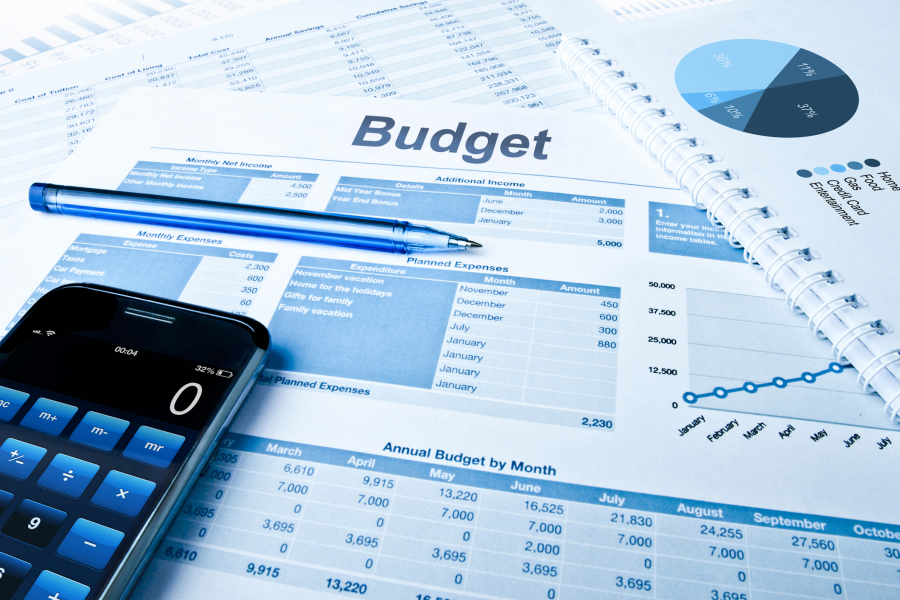 When developing your initial business plan, one thing you’ll be asked to do is to create a tentative budget. That initial budget, though, is unlikely to account for, well, much of anything. Despite efforts to make your business plan as specific as possible by doing your research and setting clear, measurable goals, your budget will ultimately consist largely of guestimates and predictions. You just can’t know, and that isn’t your fault.
When developing your initial business plan, one thing you’ll be asked to do is to create a tentative budget. That initial budget, though, is unlikely to account for, well, much of anything. Despite efforts to make your business plan as specific as possible by doing your research and setting clear, measurable goals, your budget will ultimately consist largely of guestimates and predictions. You just can’t know, and that isn’t your fault.
After the first year, though, you need to get serious about your budget; but now you have the benefit of hindsight, and that means your budget will be more accurate. Then, combine your year one experience with these three budget tips, and you’ll have a budget you can actually use moving forward into year two.
Build A Timeline
The first step to developing a useful budget is thinking about the timeline. On average, most companies make an annual budget broken down into months – a short-term budget, but it’s also beneficial to make a long-term budget covering three to five years. The benefit of this breakdown is that having both short- and long-term budgets allows you to identify how much money you need to set aside for significant future expenses. If you own a restaurant, for example, you may not need to buy that new freezer this year, but it may be a year five expense, and you should be saving for it.
Another benefit of breaking down your budget along this sort of timeline is that most months you’ll just be replicating the same budget factors – supplies, utilities, payroll – so you want to maintain those as one document. Your long-term budget, on the other hand, holds space for atypical expenses and is useful for planning.
Make Comparisons
You probably compared a lot of supplier prices before starting your business, but prices change all the time. As you set up your year two budget, then, take some time to shop around and ensure you’re getting the best prices on basic supplies. Additionally, if you’ve been a reliable customer throughout the previous year, paying promptly and growing your orders, consider making some negotiations while working on our budget. Contact suppliers and try to make some deals – and, where possible, leverage those improved prices when speaking to other vendors.
Leave Room
Perhaps the most important thing you can do when drawing up your budget is to ensure that you’ve built in plenty of flexibility. Yes, you have more accurate budgeting information this year than you did last year, and this will be the case every year going forward, but that doesn’t mean you can account for everything that running a business will throw your way. Realistically, there are always surprises, including positive ones involving professional growth. Your budget should ensure that you can meet all your expenses, but also that you aren’t locked into a scaled-back version of what your business could be.
After the first year or two, your budget is more important than your business plan because you’ve already developed a clear sense of what your business is and how you aim to operate. With that in mind, then, make budgeting a top priority and pay attention to the details. It takes years to master the art of the business budget, but you’ll learn new things about your company every year as you make adjustments. Each new budget is a comment on how far you’ve come.




